There is always a gap between performance and potential. Sometimes it’s a
huge gap. Even in the most ordinary activity, no matter how good people are,
they can always do better…thus a performance gap.
Interference of some type is usually the cause of the gap between performance
and potential. To reduce this gap and increase performance, reduce the following
forms of interference:
- Fear (of losing, of winning, of making a fool of oneself)
- Lack of self-confidence
- Trying too hard
- Trying for perfection
- Trying to impress
- Anger and frustration
- Boredom
- A too busy mind
One way to reduce interference is to focus attention. When attention is focused a
person enters a mental state in which he/she can learn and improve. Anything
you, as a coach, can do to help people focus their attention will pay big dividends
in improved performance.
You can help a person perform at a higher level by working with the individual’s
capacity to learn. Your primary responsibility is to facilitate learning, not teach.
- Start from the known (what the person knows and can prove about his/her current level of performance and/or ability) and move toward the unknown.
- Have the person set a goal for improvement and establish a method for measuring progress and improvement.
Learning without achievement quickly exhausts one’s energy. Achievement
without learning soon becomes boring. Neither of these two outcomes will
encourage further learning and improvement.
Create an environment where the person has a good opportunity to win, gets
frequent feedback, and is aware of improvement and progress. Help the person
celebrate small successes and improvements as well as the large ones.
Excerpted from EFFECTIVE COACHING by Myles Downey
